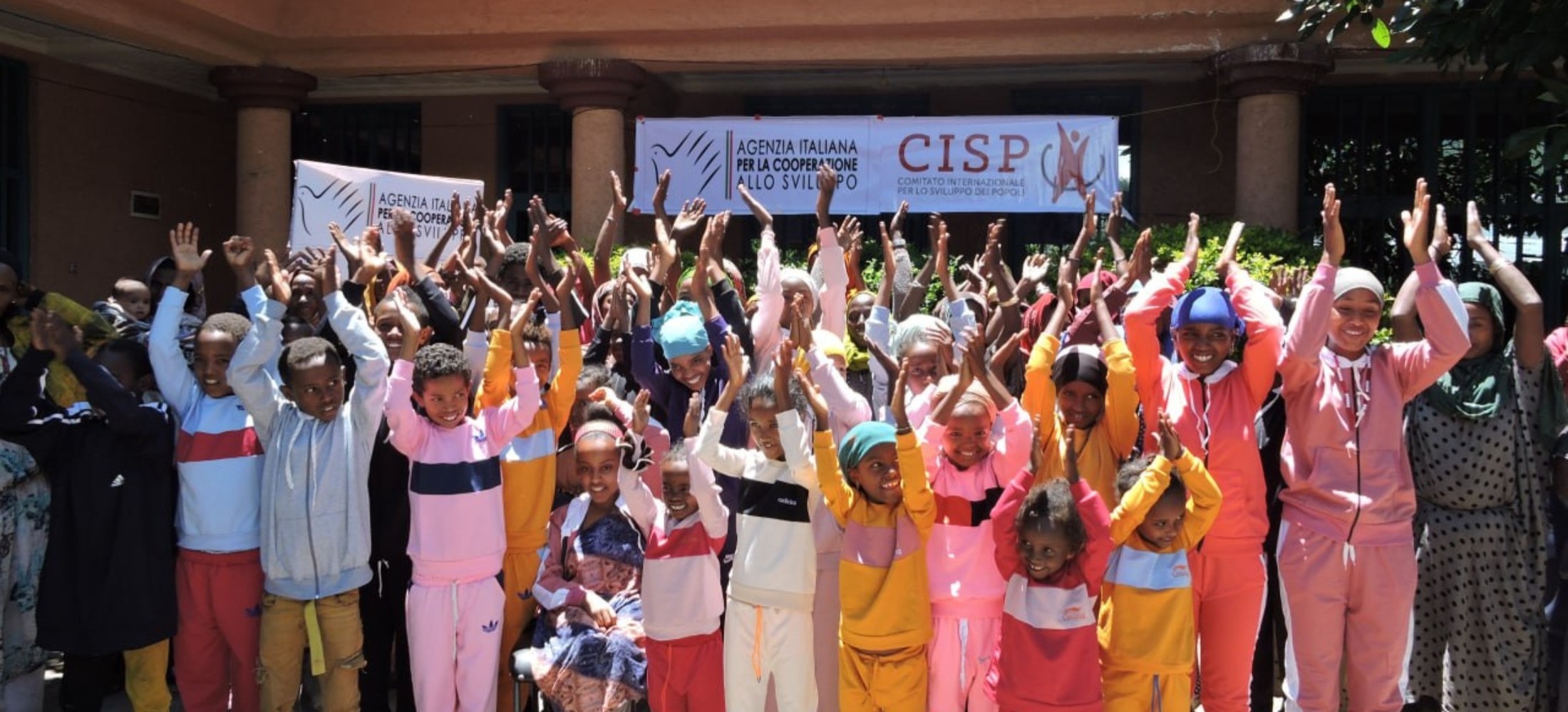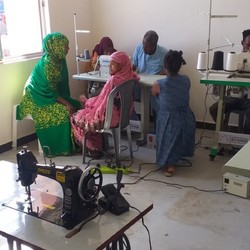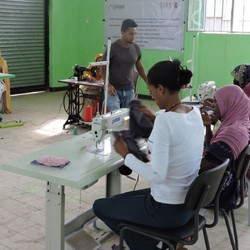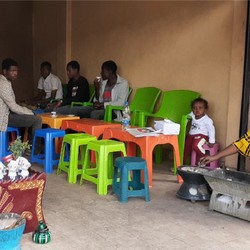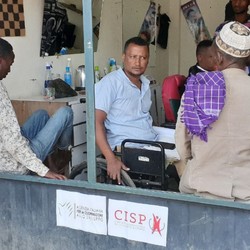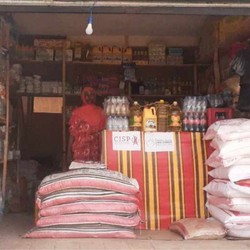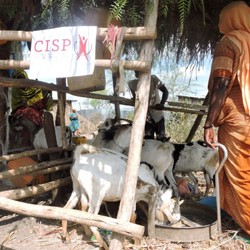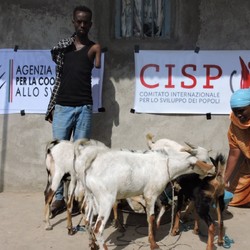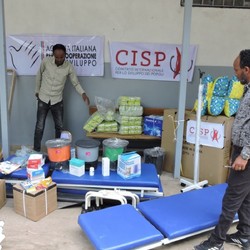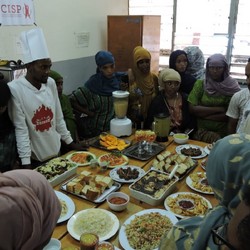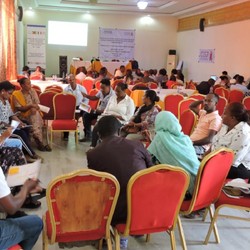MAPS
Migration and Access to Protection and basic Services: integrated interventions on the Eastern Migratory Route – Ethiopia
The project, developed as part of a broader emergency initiative in consortium with C.I.F.A. and other CSOs, was implemented by CISP in a crucial geographic area for migratory flows in Ethiopia. Here, potential migrants, including the most vulnerable categories such as women, victims of trafficking, and unaccompanied minors, transit, depart, or return. The situation, aggravated by the COVID-19 pandemic and internal conflict in Ethiopia, has further increased the vulnerability of these target groups. Implementing specific protection measures and improving coordination between institutions and civil society organizations was urgently needed in order to reduce the risks of exploitation, trafficking and lack of basic necessities for the most vulnerable.
MAPS acted as a guidance tool for people on the move, providing protection, psychosocial support, basic necessities, medicines and medical aids. The project aimed to facilitate access to basic services for the most vulnerable categories, overcoming the obstacles that prevented them from benefiting from the necessary support and offering alternatives to irregular migration. Training and start-up actions were carried out for the creation of small sustainable businesses, also promoting Corporate Social Responsibility.
MAPS brought together stakeholders in each territory to strengthen their capacities and build an effective dialogue based on observing the migratory phenomenon and proposing possible responses. The goal was to experiment withand consolidate local referral systems that produced concrete results.





General Objective: Contribute to the socioeconomic integration of people on the move and potential migrants along the eastern route of Ethiopian migration.
Specific Objective: Improve target groups' access to protection, health and work.
Protection, tracing and family reunification or foster care for repatriated minors or victims of internal displacement in the city of Chiro (and follow-up)
The reunification of 30 street children with foster families was successfully achieved in collaboration with the Office of Labor and Social Affairs. Psychosocial support was provided to street children and foster parents involved in the reunification process to ensure better integration of the family group. The families were also supported with the initial capital to start a number of work activities such as breeding or managing small shops or restaurants to ensure the sustainability of the initiative and the well-being of children.
Health. Minor supplies and infrastructure improvements (removal of architectural barriers) for hospitals in Chiro, Dil Chora (Dire Dawa), and Jegol (Harar).
Women and girls who have experienced gender-based violence (GBV) often face difficulties accessing essential care and support.
CISP has strengthened the capacity of three One Stop Centers (OSCs) in Chiro, Dire Dawa, and Harar to provide better service for victims of GBV.
Various medical supplies and consumables, including hospital beds, IV stands, refrigerators, gloves, baby items, disinfectants etc., have been provided. During the project, 409 victims, 98% of whom were women, had direct access to the services offered by the OSCs.
Support for endogenous, inclusive and sustainable development of the private sector
The project implemented three key interventions to support young people who have returned to their areas of origin from more or less traumatic experiences of irregular migration and promote economic development in Chiro, Dire Dawa and Harar.
- Vocational training in the tourism sector was provided to 120 young people (46% women), allowing them to start small businesses and find work in the hotel industry. The project facilitated the creation of 23 micro-enterprises for 90 unemployed and vulnerable returnees (86% women) forced to return from Middle Eastern countries.
- Initial capital was provided and an agreement with Oromia Cooperative Bank ensured access to ongoing financial support through the MITHCHU digital lending platform.
- Three social enterprises were created allowing 30 women, including 13 with disabilities, to produce reusable sanitary napkins. These businesses received the necessary supplies, start-up capital and a comprehensive training program to ensure their success. These initiatives collectively aimed to promote sustainable economic activities, create job opportunities and support the reintegration of returnees into their communities.
Governance and Civil Society
Following an approach that started in 2017, CISP organized and facilitated discussion platforms on the dangers of irregular migration. These platforms brought together representatives from federal and regional government offices, international and national NGOs, the private and education sector, students, and religious leaders to raise awareness of the risks. Over 265 individuals from various backgrounds actively participated in these impactful sessions.
Stroger effectiveness of protection services for the target population in Chiro, Dire Dawa and Harar.
Enhanced capabilities of health facilities in Chiro, Dire Dawa and Harar to offer basic medical care to the target population.
- Local communities
- Women
- Youth
- Refugees
